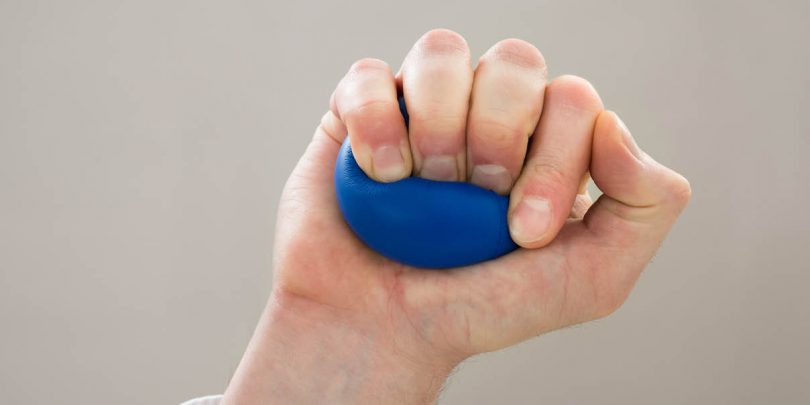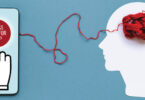Often a simple change is all it takes to tell your mind that it’s time to disconnect and relax.
It can be extremely difficult to disconnect from work and enjoy your evenings, especially during your busy months. Fortunately, there are many ways to unwind, but you’ll see the best results if you commit to your choice of relaxation and make it a habit. Here are some simple approaches to help you get started:
Be Active and Social
Physical activity is one of the best stress reducers. Simply put: When your body feels better, so does your mind. Socializing—maintaining a sense of connectedness to others—is also an important component of stress reduction. Focusing on a fun activity will easily take your mind off work:
- Go for a walk
- Exercise
- Cook dinner with family
- Catch up with friends
- Play with your pet
- Pursue a hobby or your passion
Zone Out
Work stress and multitasking can create chaos in your mind. Taking time to zone out and do nothing is important for your mental well-being. It can increase your mindfulness, so over time, you can more easily let your mind settle down and recharge.
- Watch TV
- Meditate
- Take a bath
- Listen to music
- Read
- Sit in silence
Change It Up
- Change your clothes—Get out of your work clothes and slip into something more comfortable.
- Change your surroundings—Leave your workspace and don’t take work with you.
- Change your availability—Turn off your work phone and email.
These suggestions may be obvious, but often a simple change is all it takes to tell your mind that it’s time to disconnect and relax. Besides, how can you forget about work if you’re surrounded by reminders of it? You may be surprised that a simple change can have such a strong impact.
Write It Down
Writing about your day may seem counterintuitive when you’re trying to disconnect from it, but scientific studies show that journaling can help relieve stress. Writing down the stressful events of the day helps you come to terms with them, thus reducing the impact of those stressors. Over time, this can greatly benefit your mental and physical health. It can also help to write out your plan of action for the next day so you don’t go over it in your head at night.








